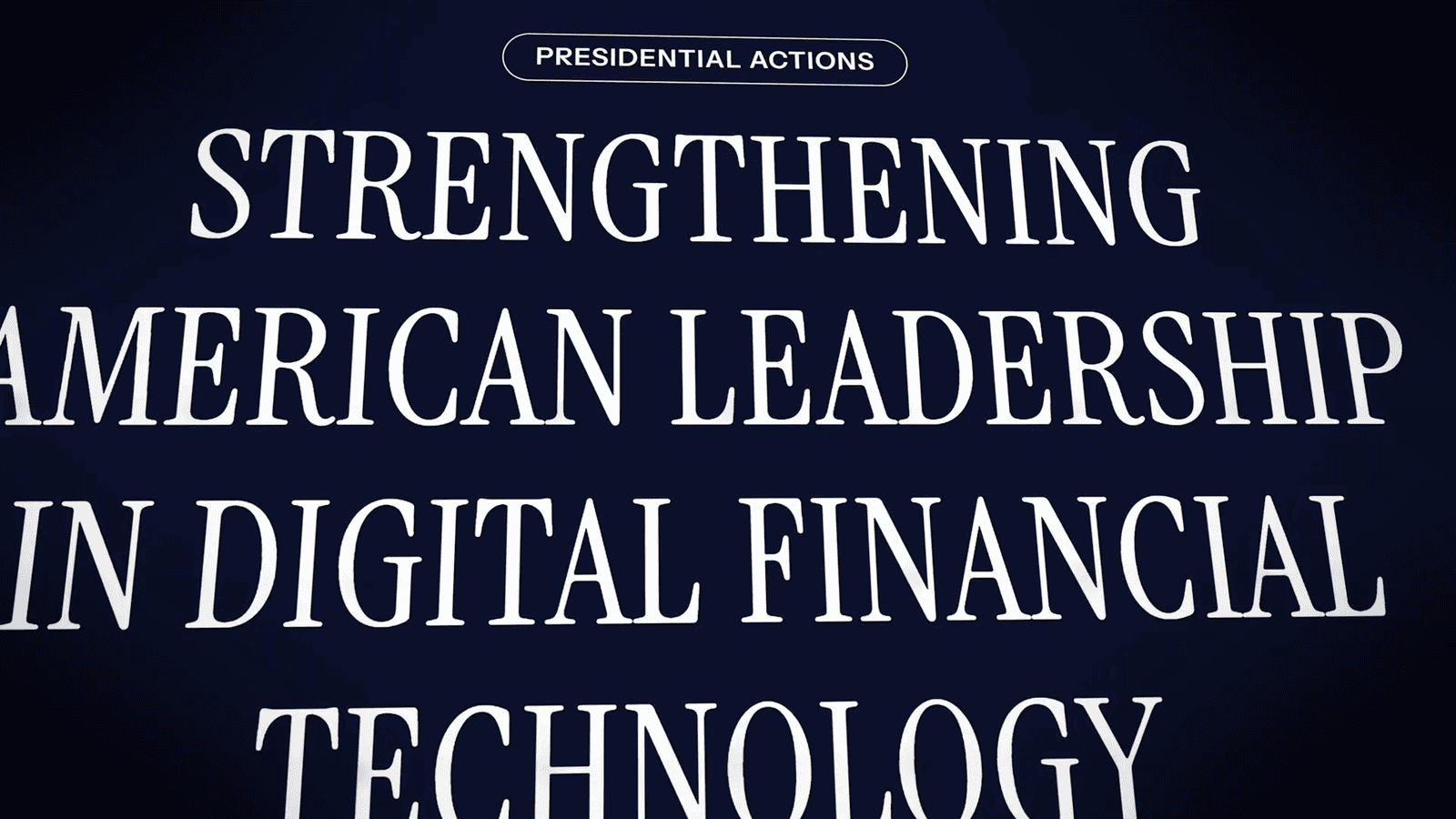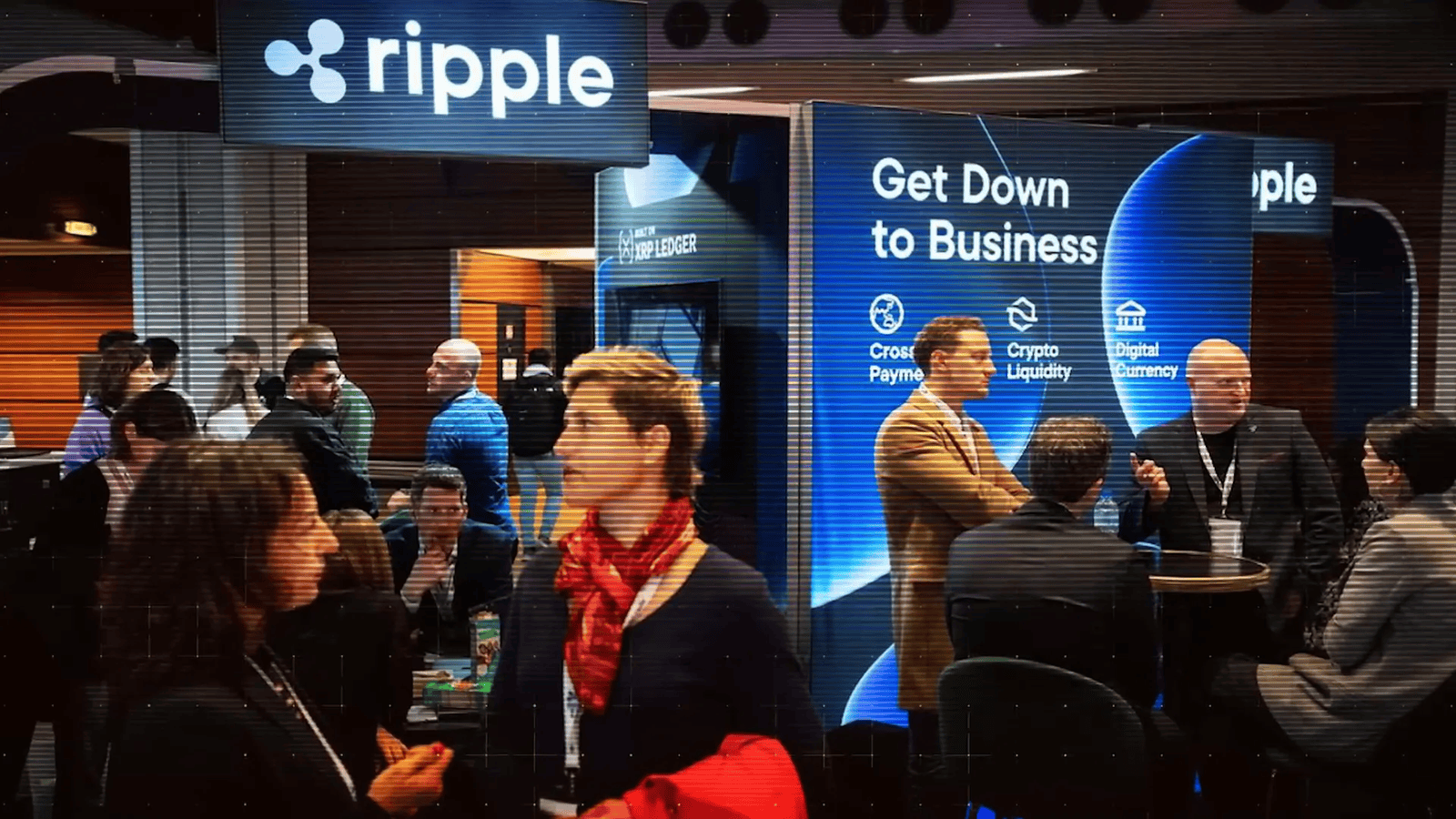In this insightful discussion, Charles Hoskinson outlines the evolution of Cardano and its future trajectory. As we explore the advancements in technology, governance, and community engagement, we uncover how Cardano aims to reshape economic, political, and social systems worldwide.
Table of Contents
- Introduction to Cardano’s Journey
- Growth of the Cardano Community
- The Political Landscape of Cardano
- The Role of Social Fabric in Cardano
- Looking Toward 2030
- The Impact of AI and Exponential Technologies
- Addressing Usability and Affordability
- Key Features Missing from Current Blockchains
- Decentralization and Its Importance
- Future Innovations: The Path Forward
- The Role of Partners and Collaborations
- The Significance of Midnight Project
- Privacy and Smart Contracts
- Final Thoughts on Cardano’s Vision
- FAQ
Introduction to Cardano’s Journey
Cardano’s journey began over seven years ago with a vision to reshape the economic, political, and social landscapes through blockchain technology. The foundation of Cardano was built on formal methods and peer-reviewed research, setting a new standard for blockchain projects. The ambition was clear: to create a sustainable platform that empowers users to issue assets and build decentralized applications.
The Vision Behind Cardano
At its core, Cardano aims to provide a more inclusive financial system. This vision encompasses not just cryptocurrency but a comprehensive ecosystem where individuals can create and trade various digital assets. The goal is to democratize access to financial services, enabling anyone to participate in the global economy.

The Economic Foundations of Cardano
Cardano was designed to overcome the limitations of existing blockchain technologies. Its economic model allows users to issue native assets, which are treated as first-class citizens on the network. This capability empowers developers and businesses to create their own tokens and marketplaces, fostering innovation and competition within the ecosystem.
The launch of the Mary hard fork in 2021 marked a significant milestone, enabling the issuance of over 8 million assets on Cardano. This achievement illustrates the platform’s capacity for scalability and adaptability, laying the groundwork for a thriving economic environment.
The Launch of Native Assets
The introduction of native assets was a game-changer for Cardano. Unlike other blockchains, where asset creation often requires complex smart contracts, Cardano simplifies this process. Users can issue their own tokens without the need for intricate coding, making it accessible to a wider audience.
This innovation has led to a diverse array of projects on Cardano, particularly in the NFT space. With over 1,000 projects launched, the platform is becoming a hub for creativity and entrepreneurship.

Incorporating Smart Contracts
The Alonzo hard fork introduced smart contracts to Cardano, expanding its functionality. This development allowed developers to build decentralized applications (dApps) that can interact with the native assets created on the platform. By leveraging the Extended UTXO model, Cardano ensures that transactions are secure and predictable.
Smart contracts on Cardano are designed with a focus on safety and efficiency. The Plutus programming language enables developers to create robust applications while maintaining the integrity of the network.
Governance Challenges in Cardano
As Cardano evolves, governance remains a critical challenge. Ensuring effective decision-making and maintaining the integrity of the system are paramount. The governance model must balance efficiency with inclusivity, allowing community members to participate in the decision-making process.
The complexities of governance require constant innovation. Cardano aims to create a decentralized governance system that can adapt to the needs of its users while ensuring that decisions are made transparently and fairly.
The Launch of Catalyst and On-Chain Governance
Catalyst was introduced as a pioneering initiative to empower the Cardano community. It serves as a platform for users to propose and fund projects, fostering a culture of collaboration and engagement. Over 1,900 efforts have been funded through Catalyst, demonstrating its effectiveness in harnessing community input.
Through Catalyst, Cardano is developing a comprehensive on-chain governance model. This model is designed to be community-driven, allowing users to influence the direction of the ecosystem. With workshops and discussions, the community is actively shaping the future of Cardano governance.
Growth of the Cardano Community
The Cardano community has experienced remarkable growth, evolving into one of the largest decentralized autonomous organizations (DAOs) worldwide. With over 1.4 million delegated wallets, the platform has fostered an ecosystem that encourages participation and innovation.
More than 600 decentralized stake pools operate under a constitutional committee, ensuring a robust governance model. This decentralized structure empowers individuals and groups to engage in decision-making, reflecting the community’s diverse interests and needs.
Workshops and Global Engagement
Over 150 workshops have been conducted across more than 50 countries, highlighting the global outreach of the Cardano community. Participants from over 100 countries have actively contributed to discussions and initiatives, showcasing a commitment to collaboration and knowledge sharing.
This engagement not only strengthens the community’s foundation but also amplifies its voice in the broader blockchain landscape.

The Political Landscape of Cardano
Cardano’s political landscape is characterized by a commitment to decentralization and community governance. The platform’s structure allows for a unique blend of technological innovation and democratic principles.
The establishment of Catalyst has played a crucial role in this political framework, enabling users to propose and fund projects that align with their vision for Cardano’s future. This participatory approach ensures that the community has a direct influence on the platform’s development.
Decentralized Governance
The decentralized governance model of Cardano empowers users to take an active role in decision-making processes. This structure is vital for maintaining the integrity and transparency of the ecosystem, allowing participants to voice their opinions and contribute to the evolution of Cardano.
As the community grows, so does the importance of effective governance, ensuring that all members are represented and heard.
The Role of Social Fabric in Cardano
The social fabric of Cardano is foundational to its success. It is built on collaboration, shared values, and a commitment to inclusivity. With 168 scientists and numerous institutions collaborating globally, Cardano is not just a blockchain; it is a thriving ecosystem of innovation.
Institutions like Stanford and the University of Tokyo contribute to the development of Cardano, reinforcing its credibility and expanding its reach. This collaborative spirit fosters a culture of mutual support and shared goals, driving the Cardano ecosystem forward.

Building a Unified Community
The unity among community members is exemplified by the belief that each ADA token represents political representation. This principle underpins the community’s collective decision-making and fosters a sense of ownership among participants.
As individuals work together, the social fabric becomes a powerful engine that drives economic and political initiatives, creating a dynamic environment for growth and innovation.
Looking Toward 2030
As we look toward 2030, the landscape of technology and society will be profoundly shaped by artificial intelligence and exponential technologies. Cardano aims to be at the forefront of this transformation, harnessing these advancements to create a more equitable world.
With the potential for AI to dominate various sectors, Cardano’s focus on decentralization and community governance positions it uniquely to address the challenges and opportunities that arise in this new era.
Challenges Ahead
The journey to 2030 will not be without challenges. Issues such as institutional trust and the economic implications of globalization will require innovative solutions. The decentralized nature of Cardano is a vital asset in navigating these complexities.
By fostering a community that prioritizes transparency and collaboration, Cardano can mitigate the risks associated with these global shifts.
The Impact of AI and Exponential Technologies
The rise of AI and exponential technologies is reshaping the economic landscape. As these tools become more integrated into daily life, they will influence everything from decision-making to resource allocation.
Cardano’s framework allows for the incorporation of these technologies in a way that respects user autonomy and privacy. This commitment to ethical standards will be critical as AI continues to evolve.

Opportunities for Innovation
While challenges abound, the potential for innovation is immense. By leveraging AI, Cardano can enhance its capabilities, improve user experiences, and streamline processes. The goal is to create an ecosystem that is not only efficient but also accessible to all.
As we embrace these technologies, Cardano aims to remain a leader in ethical blockchain solutions, ensuring that advancements benefit the entire community.
Addressing Usability and Affordability
For Cardano to realize its vision, it must address the usability and affordability gaps that currently exist. Many users still find blockchain technology complex and challenging to navigate, which limits broader adoption.
By simplifying user interfaces and processes, Cardano can make its platform more accessible. This effort will empower everyday consumers to engage with blockchain technology, unlocking new opportunities for participation.
Creating Affordable Solutions
Affordability is another critical aspect for the future of Cardano. As infrastructure costs continue to rise, finding ways to reduce these expenses will be essential. This could involve innovative approaches to scaling and resource management.
Cardano’s commitment to decentralization means that solutions must prioritize inclusivity, ensuring that all users can benefit from the platform without prohibitive costs.
Key Features Missing from Current Blockchains
As Cardano looks to the future, it must also consider the key features that are often missing from current blockchain solutions. Privacy, automated regulation, and identity management are crucial elements that must be integrated into the ecosystem.
Developing a robust identity framework will be essential for user trust and regulatory compliance. Understanding that privacy is a spectrum will guide Cardano in creating solutions that respect user autonomy while ensuring security.
Building a Comprehensive Framework
To address these gaps, Cardano must innovate continuously. This involves creating a comprehensive framework that integrates essential features while maintaining decentralization and user control. The future of Cardano hinges on its ability to adapt and evolve in response to the changing technological landscape.
By prioritizing these developments, Cardano can solidify its position as a leader in the blockchain space, paving the way for a more inclusive and equitable digital economy.
Decentralization and Its Importance
Decentralization is the backbone of Cardano’s philosophy. It ensures that no single entity can exert undue control over the network. This is crucial in today’s world, where centralized authorities often abuse their power. By distributing authority among a wide array of participants, Cardano empowers its community while safeguarding individual rights.
The importance of decentralization extends beyond security; it fosters innovation. When developers and users have the freedom to interact without intermediaries, creativity flourishes. This environment allows for diverse applications and use cases, enhancing the overall ecosystem.

The Role of Governance in Decentralization
Effective governance is essential to maintain decentralization. Cardano’s governance model is designed to include community input, ensuring that decisions reflect the collective will. This participatory approach not only enhances trust but also aligns the ecosystem’s direction with the interests of its users.
Through initiatives like Catalyst, Cardano encourages proposals from its community, allowing stakeholders to fund projects that resonate with their vision. This creates a dynamic feedback loop where the community’s voice directly influences the platform’s evolution.
Future Innovations: The Path Forward
Looking ahead, the future of Cardano is filled with potential innovations. As the ecosystem grows, so does the need for scalability and efficiency. This is where the integration of advanced technologies comes into play, enabling Cardano to handle millions of transactions seamlessly.
Innovations like the Hydra protocol and partner chains are set to transform how Cardano operates. These advancements will allow for greater transaction throughput and lower costs, making the network more accessible to users worldwide.
Building a Robust Ecosystem
To support this growth, collaboration with partners and developers is vital. Cardano’s strategy involves creating a robust ecosystem where various stakeholders can contribute. This collaborative spirit will drive the development of new applications and services, further enhancing the platform’s capabilities.
As we move toward 2030, the emphasis will be on creating a unified community that shares knowledge and resources. This synergy will foster an environment ripe for innovation and exploration.
The Role of Partners and Collaborations
Partnerships play a critical role in Cardano’s success. Collaborating with industry leaders and academic institutions allows Cardano to leverage diverse expertise. This collaborative network strengthens the platform’s foundations and accelerates progress.
Through these partnerships, Cardano can integrate cutting-edge technologies and methodologies. This not only enhances the platform’s capabilities but also ensures that it remains at the forefront of blockchain innovation.
Expanding Global Reach
Cardano’s commitment to global outreach is evident in its efforts to engage communities worldwide. By conducting workshops and educational initiatives, Cardano empowers users to understand and utilize blockchain technology effectively. This grassroots approach helps build a strong and informed user base.
As the community grows, so does the potential for collaboration with local projects. This decentralized approach ensures that Cardano’s innovations resonate with diverse cultures and economies.
The Significance of Midnight Project
The Midnight project represents a significant leap forward for Cardano. Focused on computational privacy and private smart contracts, it addresses one of the most pressing needs in blockchain technology today. By enabling users to maintain control over their data, Midnight empowers individuals and businesses alike.
With features like selective disclosure, Midnight ensures that sensitive information remains private while still allowing for seamless transactions. This balance between transparency and privacy is essential for real-world applications, particularly in sectors such as healthcare and finance.
Integrating Privacy with Smart Contracts
Midnight’s integration of privacy features into smart contracts opens up new possibilities for decentralized applications. This innovation allows developers to create solutions that meet regulatory requirements while preserving user privacy. As more industries recognize the importance of data protection, Midnight positions Cardano as a leader in privacy-centric blockchain solutions.
The implications of this project extend beyond blockchain; they pave the way for a more secure digital economy where individuals can interact without fear of data breaches.
Privacy and Smart Contracts
Privacy is increasingly becoming a fundamental requirement in blockchain technology. With the rise of data breaches and privacy concerns, Cardano’s focus on integrating privacy features into its smart contracts is timely and essential. By ensuring that sensitive information remains confidential, Cardano enhances user trust and fosters broader adoption.
Smart contracts on Cardano are designed to be flexible and secure, allowing for the creation of applications that can cater to various privacy needs. This adaptability is crucial for developers looking to build solutions that comply with regulations while still providing value to users.
Building Trust Through Privacy
Trust is a critical component of any successful blockchain ecosystem. By prioritizing privacy, Cardano aims to build a platform where users feel secure in their interactions. This commitment to user privacy not only attracts individuals but also businesses that require robust data protection measures.
As Cardano continues to evolve, the integration of privacy features will be a key differentiator, setting it apart from other blockchain platforms.

Final Thoughts on Cardano’s Vision
Cardano’s vision for the future is ambitious yet achievable. By focusing on decentralization, innovation, and privacy, Cardano aims to create a blockchain ecosystem that empowers individuals and communities. The journey toward 2030 will be marked by significant advancements, driven by collaboration and a commitment to inclusivity.
As we move forward, Cardano’s dedication to its principles will be paramount. The foundation laid in the past several years sets the stage for a future where blockchain technology transforms economic, political, and social systems worldwide.
FAQ
What is Cardano’s main goal?
Cardano aims to create a more inclusive financial system through blockchain technology, enabling individuals to participate in the global economy.
How does Cardano ensure decentralization?
Cardano’s governance model allows for community participation in decision-making, ensuring that no single entity can dominate the network.
What is the Midnight project?
The Midnight project focuses on computational privacy and private smart contracts, addressing the need for secure and private transactions in the blockchain space.
How will Cardano handle scalability in the future?
Through innovations like the Hydra protocol and partner chains, Cardano aims to enhance scalability and efficiency while keeping costs low for users.
Why is privacy important in blockchain technology?
Privacy is crucial for building trust among users, especially in sectors that handle sensitive data. Cardano’s focus on privacy ensures that users can interact securely without fear of data breaches.









